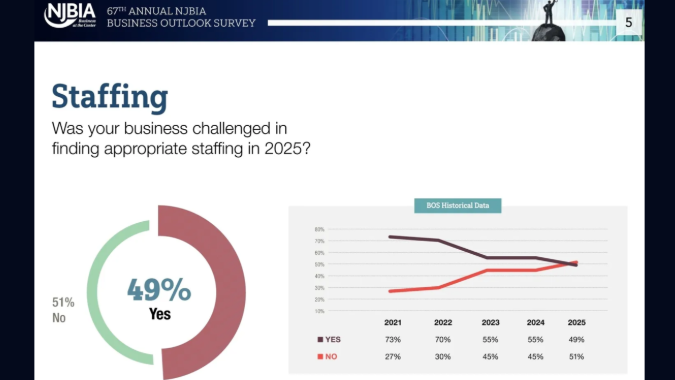Merck & Co., known as MSD outside the U.S. and Canada, has signed a license and research collaboration agreement worth up to $1.9 billion with British biotech firm Mestag Therapeutics to identify novel drug targets for the development of therapies against inflammatory diseases.
Mestag Therapeutics is focused on unlocking the therapeutic potential of fibroblasts, a type of connective tissue cell that is key in regulating the activation or suppression of immune response in chronic infection, inflammation and cancer.
Under the agreement with Merck, Mestag will use its proprietary Reversing Activated Fibroblast Technology (RAFT) platform designed to model the pathogenic role of fibroblasts in human disease to identify new drug targets. MSD has the option to license one or more targets and will be responsible for the discovery, development and commercialization of resulting therapeutics.
“Mestag was founded on groundbreaking insights into fibroblast-immune biology, and as an early innovator in this area of research, we have built a robust pipeline of antibody programs and created a unique and productive target discovery platform,” said Mestag CEO Susan Hill in an Oct. 8 statement.
“We are acutely aware of the significant unmet needs faced on a daily basis by patients suffering from inflammatory diseases,” Hill said. “We are thrilled to collaborate with MSD, together driving continued innovation for the benefit of patients.”
Marc Levesque, VP of Immunology Discovery, MSD Research Laboratories, said the role of activated fibroblasts in directing immune activity “offers exciting new therapeutic potential.”
“We look forward to collaborating with the team at Mestag to identify new potential therapeutic options for patients with fibrosis and inflammatory diseases,” Levesque said.
Mestag, based in Cambridge, England, was founded in 2020 to develop new medicines for people affected by inflammatory disease and cancer.
Founding investigators include global experts in inflammatory disease, cancer, computational biology and fibroblast biology from the University of Oxford, Brigham & Women’s Hospital, Harvard Medical School and Cold Spring Harbor Laboratory. Funding support comes from leading life science investors SV Health Investors, Johnson & Johnson Innovation – JJDC, Inc., Forbion, GV (formerly Google Ventures) and Northpond Ventures.




